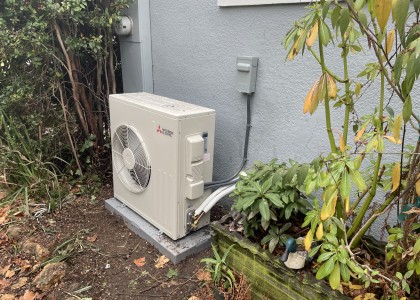Pending bipartisan legislation in Pennsylvania could unlock 30,000 jobs and about $6.4 billion in net savings by removing barriers to energy efficiency investment, according to ACEEE analysis released today.
The House and Senate bills would remove the caps on efficiency spending included in Act 129, which Pennsylvania lawmakers passed in 2008 to set savings targets for electric utilities. Those targets delivered significant energy savings to businesses and residents. But because of the spending caps, the savings remain below the potential levels identified by statewide evaluators, and below savings achieved in neighboring Maryland, Ohio, and New York.
ACEEE, building on prior research by Synapse Energy Economics, Inc., assessed the economic impacts of removing the investment cap, which Senate Bill 232 and House Bill 193 — if passed — would do. We compared the impacts of slowly ramping up electricity savings over five years beginning in 2021 to a base scenario in which utilities continue to implement efficiency programs at current spending-constrained levels.
Each scenario saves energy and creates jobs, but the economic impacts of ramping up electricity savings to 1.2% are significantly better. Ramping up energy savings from 2021 to 2025 leads to 30,000 jobs, about 50% more jobs than would be created if energy savings stay flat. As the graph below shows, these job impacts don’t occur just in five years of program implementation. Instead, new jobs are projected to continue growing as long as efficiency measures are delivering savings (through 2050).
ACEEE’s study looked only at the job-creation impacts of five years of program implementation. However, it’s likely that Pennsylvania utilities will continue to deliver these popular energy efficiency programs to customers well after 2025. As programs continue to achieve energy savings, we expect job growth to continue to grow, as well.
Pennsylvania’s Senate Bill 232 and House Bill 193 enjoy support from Democrats and Republicans, as well as more than two dozen business groups. If passed, they would give electric utilities the green light to ramp up energy efficiency programs. The result? More energy savings for consumers and at least 30,000 jobs across the Commonwealth.





